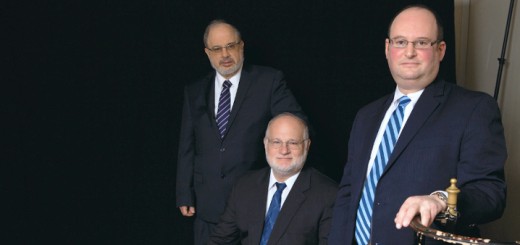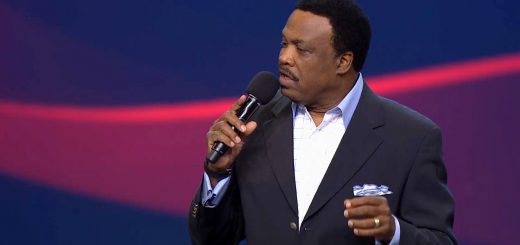An Orphan In Shul

There’s an orphan in shul.
Everybody knows him, or thinks they do. And yet very few people pay him much heed.
He has quite a family history, too, descended as he is from illustrious personages. A compelling personal story too.
His name is Aleinu.
Yes, that Aleinu, the paragraphs recited at the end of each set of prayers Jews pray. Jewish tradition has the first paragraph written by Joshua and the second composed as a song of repentance by Achan, the man who misappropriated valuables from the spoils of the conquered city of Jericho during the conquest of the Land of Israel in Joshua’s time.
Aleinu’s words were the last ones of countless Jews throughout history, the words with which they defiantly refused to succumb to the demands and tortures of those bent on uprooting devotion to G-d and His Torah. It not only ends every prayer service but is part of the Amidah, the silent prayer, itself on Rosh Hashana. And yet, all too often, it is treated not only as an after-prayer but as an afterthought.
Until one of my daughters shared her own personal experience and exasperation over the fact, I had thought that I was perhaps the only person who found it impossible to complete Aleinu in the time allotted in many different synagogues I have attended over the years in many different places. Yes, there are certainly shuls where it is recited well and properly. And yes, one can always just complete it oneself after the Kaddish that generally follows it. But what most often happens instead is that, at least for most people, Aleinu is mercilessly garbled, “edited” for time or simply, unceremoniously truncated.
Unlike some experiments, you can try this one at home – in fact, I urge you to: Get a watch or clock with a second hand, open a prayer-book and, looking inside, read all the words of Aleinu as quickly as you possibly can but saying every word. Can you do it in less than 45 seconds? I doubt it. Then, the next time you’re in shul, glance at your watch and see how long it takes the assembled to say Aleinu.
See how long it takes you.
I rest my case.
Well over a year ago, hundreds of thousands of Jews glanced up at the sun and recited a blessing to commemorate “Kiddush Hachama,” something done only once every twenty-eight years. The blessing was pronounced with that thought in mind, and with the deep concentration it inspired. Yet the blessing was the very same one many Jews make many times a year, when we see lightning during a rainstorm.
And what more sincerely fervent words are ever heard than “Hashem hu ho’Elokim!” – “The L-rd is G-d!” – repeated seven times at the very conclusion of Yom Kippur, the holiest day of the Jewish year. They are the words cried out by the Jewish People at Mount Carmel in the days of Elijah (Kings I 18, 39). Yet when that very phrase is said nightly in the paragraphs after the Shma in the Maariv service, they are usually mumbled (if that).
It’s human nature. We become unmindful of things to which we are accustomed. Even important things.
Aleinu is one of them, and it’s one worth refocusing on, especially in our day, when evil salivates at the thought of what it would like to do to the Jewish People, when new incarnations of old monsters have risen, it seems, from the ground. Ours are times when it is, or should be, more clear than ever that the conventional roads to hope – diplomatic, military, political – are all dead ends, times for realizing, in the Talmud’s words, that “there is no one on whom to rely other than our Father in Heaven.”
Times for declaring, minds fully engaged with lips, that
“…we put our hope in You, G-d, that we may soon see Your mighty splendor, to remove detestable idolatry from the earth, and false gods will be utterly cut off, to perfect the universe through the Almighty’s sovereignty.
“Then all humanity will call upon Your Name, to turn all the earth’s wicked toward You. All the world’s inhabitants will recognize and know that to You every knee should bend… and to the glory of Your Name they will render homage, and they will all accept upon themselves the yoke of Your kingship… on that day G-d will be One and His name will be One.”
The words, of course, of the orphan in shul.
© 2010 AM ECHAD RESOURCES
[Rabbi Shafran is director of public affairs for Agudath Israel of America.]
All Am Echad Resources essays are offered without charge for personal use,
sharing and publication, provided the above copyright notice is appended.




Recent Comments